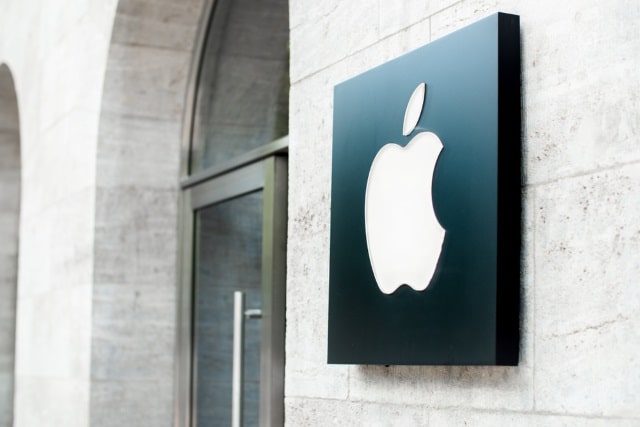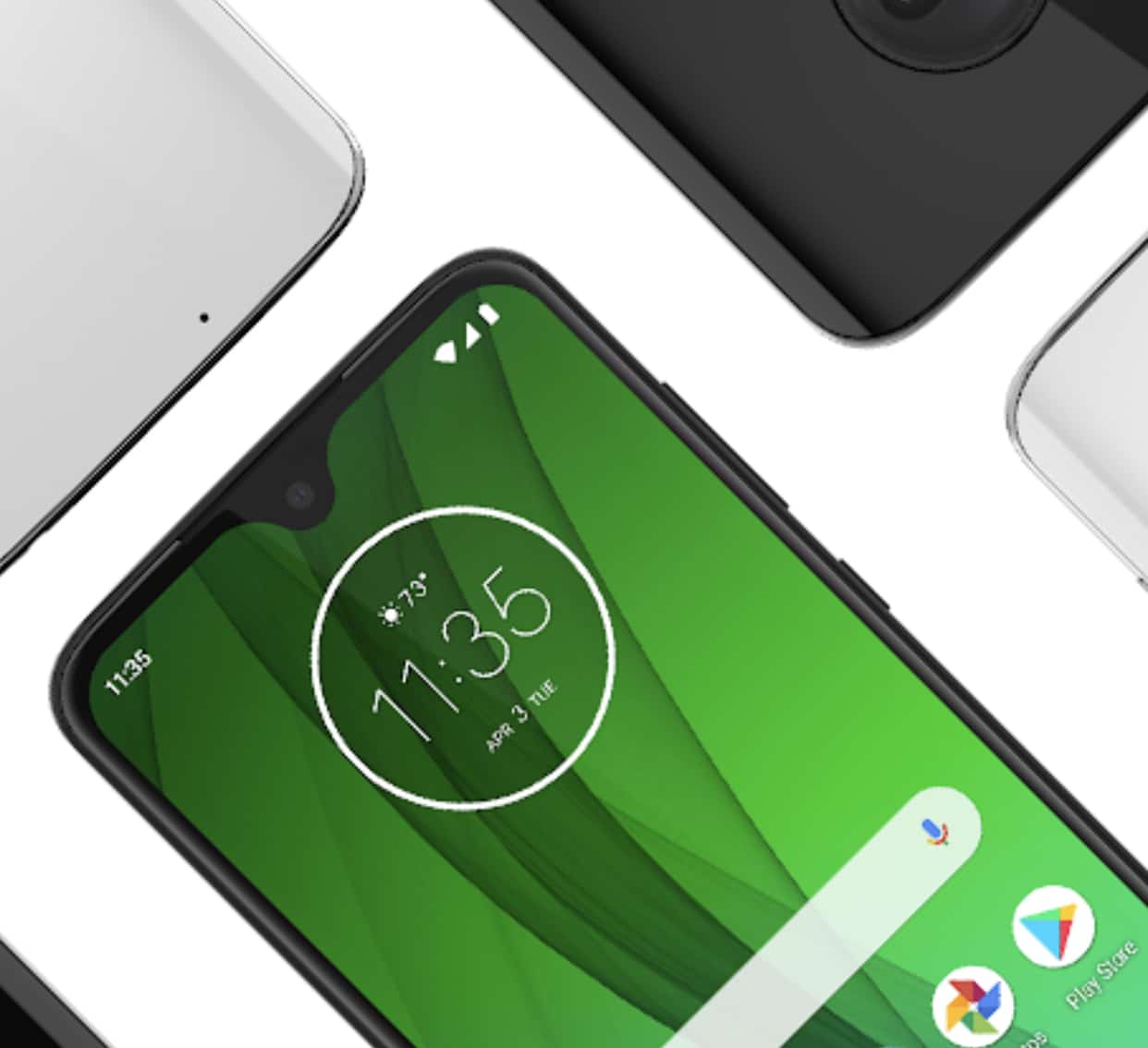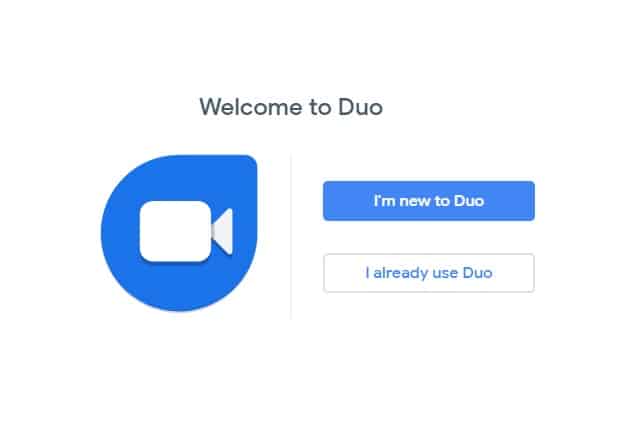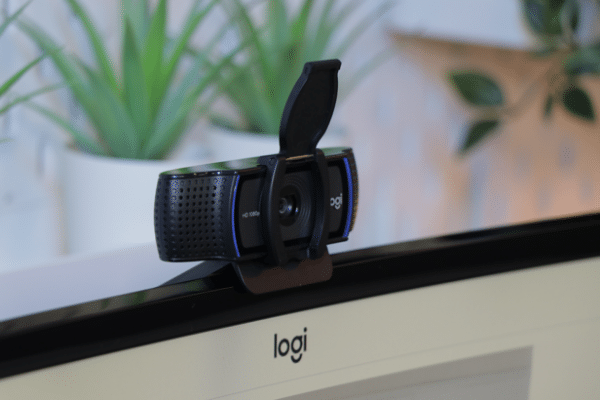
New Windows Defender Application Guard add-ons for Chrome and Firefox open untrusted sites in Microsoft Edge
If you attempt to visit a bad site in Firefox or Chrome, your browser will often warn you, so you can decide whether or not to take the risk and continue to your destination.
Microsoft has joined the fight to prevent users unwittingly visiting bad sites by creating new extensions for Google and Mozilla’s browsers which automatically redirect users from untrusted sites to Windows Defender Application Guard for Microsoft Edge.

Google adds privacy-focused DuckDuckGo search engine to Chrome
Update to Chrome 73 and you might be in for a bit of a shock. With absolutely no fanfare whatsoever, Google has added DuckDuckGo to the list of search engines available in its web browser.
In fact, the company has updated the default list of search engines it offers in over 60 markets, but it is the addition of privacy-focused DuckDuckGo that comes as the most welcome surprise.

New Google extension for Chrome filters out toxic comments
BetaNews has what we like to call a rather rowdy comments section. Any post to do with Windows 7 and Windows 10 usually sparks a commenting war that can run for weeks and get very heated at times.
We’re far from alone here though. Plenty of sites have similarly unruly comments sections, and the situation has got so bad that a growing number of popular websites have turned off commenting altogether, which is a shame.

Alphabet startup Chronicle launches enterprise cybersecurity platform Backstory, and partners with Avast
It is a year since Google's parent company Alphabet launched the cybersecurity outfit Chronicle. Now the startup has launched its first product, a security platform called Backstory.
Backstory is an enterprise-level cybersecurity and analytics platform; Chronicle describes it as "the first global security telemetry platform designed for a world that thinks in petabytes". Coinciding with the launch, Chronicle has teamed up with security firms Avast and Proofpoint.

Google Project Zero reveals 'high severity' macOS vulnerability that Apple has failed to patch
Google's Project Zero has gone public about a "high severity" flaw in the macOS kernel after Apple failed to patch it 90 days after being told about the problem.
A security researcher discovered a problem in XNU that means it is possible to perform malicious activities. The security bug related to copy-on-write (COW) behavior, enabling an attacker to manipulate filesystem images without the operating system being notified. Apple was informed of the vulnerability back in November, but has failed to release a patch.

On a budget? Check out the Motorola moto g7 on Google Fi
Times are hard out there, y’all. Look, I get it -- disposable income is hard to come by. At the same time, a smartphone really isn’t a luxury anymore -- it is a necessity. That’s why it hurts so badly when companies price the latest and greatest devices at $1,000 or more. Even worse, the cost for cellular service is a monthly drain on your bank account too.
Thankfully, you can have a quality smartphone experience without breaking the bank. The Google Fi service, for instance, is affordable without being low quality. The search giant’s offering aggregates services from Sprint, T-Mobile, and U.S. Cellular to help you have a solid connection wherever you go. Today, Google Fi announces support for an additional phone -- moto g7. This budget smartphone from Motorola will support all Google Fi features for a very reasonable price.

Now you can buy a .dev domain for a sensible price
Google recently launched the new top-level domain, .dev. When the TLD was introduced, pricing was a little out of the reach of most people -- there are few who would be willing to part with $11,000.
Now, however, pricing has dropped dramatically. The crazy pricing was only part of the Early Access registration period, but now the domain is available from a range of registrars for a far more reasonable $12-$15.

Now you can use Google Duo on the web as well as in app
One of Google's current crop of messaging tools, Duo, is spreading its wings and breaking out of the confines of being a mobile app.
Google Duo is now available to use online in a desktop web browser -- providing, that is, that you're using Chrome, Firefox or Safari (Microsoft Edge and Opera users are left out in the cold). The web-based version of the messaging tool can be used to make and receive voice and video calls.

Linux is well represented at Google Summer of Code 2019 with GNOME, Fedora, and Debian as mentor organizations
Believe it or not, Google Summer of Code 2019 will be the 15 year anniversary of the open source student program. If you aren't familiar, this is a program where Google pairs university students with open source organizations to work together over the summer. Yes, I said working together -- the students don't just observe, they get to actively participate in important open source projects! How cool is that?
Today, Google announces all the organizations that have been accepted as GSoC mentors, and the Linux community is very well represented. In fact, two of the most significant Linux distributions -- Fedora and Debian -- are both participating. In addition, one of the most important Linux desktop environments, GNOME, is taking part too. Even KDE and The Linux Foundation are in the mix! With all of that said, Google Summer of Code is not a Linux-only affair -- open source is the overall star of the show.

Google can show you where to safely dispose of unneeded prescription drugs
The abuse of opioids and other prescription drugs in America is an absolute tragedy and epidemic. It affects people from all socioeconomic classes. Not only do these drug abusers risk death and financial ruin, but their actions negatively impact friends and family too. In other words, even if you don't abuse prescription drugs, there's a good chance your life will be impacted by somebody that does.
While many people envision prescription drug abusers buying their pills from an abandoned building or street corner (and that does happen), the truth is, many people get their drugs from medicine cabinets. In fact, according to Google, more than half of prescription drug abusers get started down the path to addiction with pills obtained from people they know -- friends and family. Why is this? Well, one reason is many people apparently don't know how to properly dispose of their unneeded prescription pills -- the search giant has seen a huge increase in searches for how to do so.

Google Maps for Apple iPhone and iPad now lets you follow your favorite places
While Apple reigns supreme on mobile from both a hardware and operating system perspective (iPhone and iOS are best in class), Google is still king of apps and services. Things like Google Maps, Chrome, and Gmail are used by many iPhone and iPad users. Why do Apple fans opt for these Google solutions? They simply work well and are extremely dependable. Apple Maps, for instance, is good, but Google Maps is great. The search giant provides reliable tools that people enjoy using.
Today, Google announces that its Maps app for iOS is getting even better. You see, users can now "follow" their favorite locations, such as theaters, restaurants, and museums to name a few. As a result of following these places, you will be provided with interesting information about them, such as discounts, holiday hours, or dinner specials, for example.

Google launches new .dev TLD
Seeking to give a home to those who have helped to build the web, Google has launched a new top-level domain.
The new .dev TLD comes after the company launched .app and .page, all are protected by HTTPS. Google has already used the TLD for a few of its own projects, such as web.dev and opensource.dev, but now it is being opened up to a wider audience.

YouTube updates its strike system to make it 'clear and consistent'
Following criticism of how its strike system was implemented, YouTube has announced an update to its Community Guidelines that helps to make things clearer.
In the past it was often the case that strikes were handed inconsistently, and it was not always clear what misdemeanour had occurred. The updated system comes into force in the next few days, and it is slightly more lenient on first-time offenders.

YouTube is to blame for the increase in Flat Earthers
In recent years it seems that there has been an astonishing increase in the number of Flat Earthers -- people who believe that the Earth is flat, and anything that suggests otherwise is a conspiracy. The thinking is that, for some reason, NASA, international government, scientists and so on are all desperate to convince people that the Earth is round when it is in fact flat.
While Flat Earther numbers are still relatively small, the increasing membership of this school of thought in the face of overwhelming evidence to the contrary is both confusing and worrying. So just what is going on? The rise in internet usage has been blamed for the spread of fake news, conspiracy theories and all manner of bizarre ideas, and a new study has concluded that one particular site is responsible for the increasing support for the Flat Earth theory. That site is YouTube.

Logitech announces C920s Pro HD Webcam for Skype, FaceTime, and more
As more and more people opt to work from home these days, videoconferencing is becoming increasingly important. Simply dialing into a voice-only conference call won't cut it -- actually seeing your coworkers (and them seeing you) is a far better experience. Of course, the downside is you will have to wear clothes!
Having a good webcam is an essential part of the videoconferencing experience. True, you can get by with the low-quality camera found on your laptop, but why torture people with grainy video? Instead, you should leverage a quality webcam that will impress and delight your coworkers. The Logitech C920 has long been such an option for both laptops and desktops, but today, the company announces an "s" refresh -- the C920s Pro HD Webcam.
